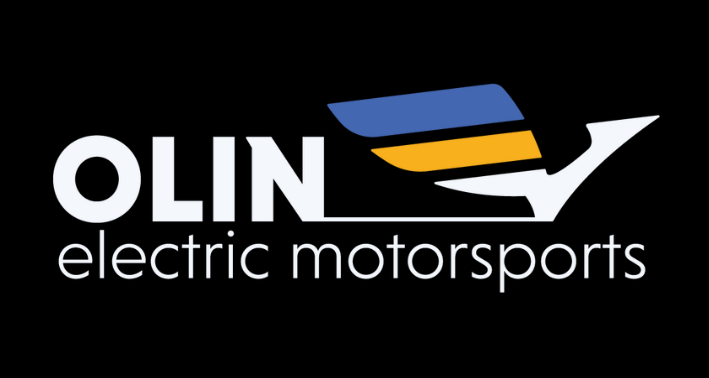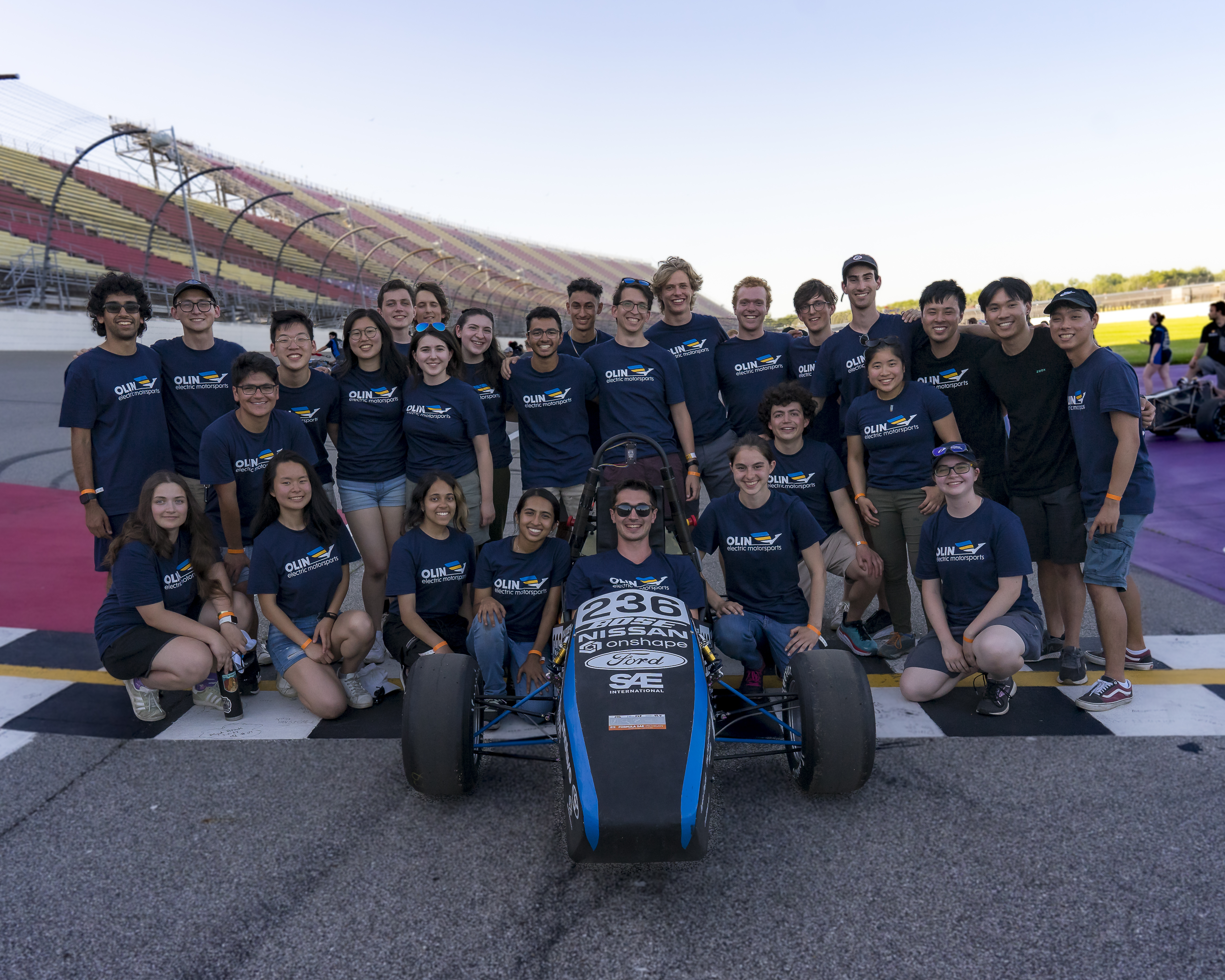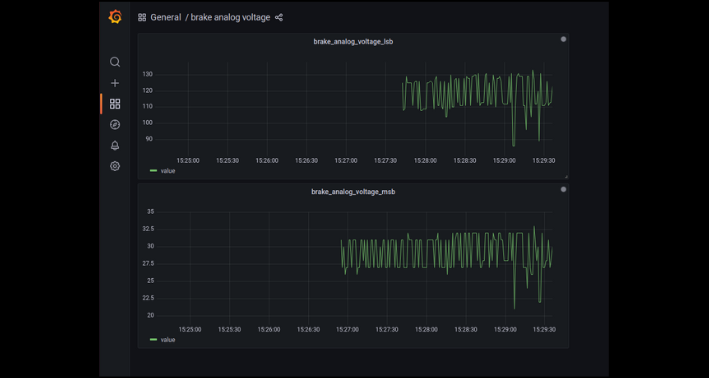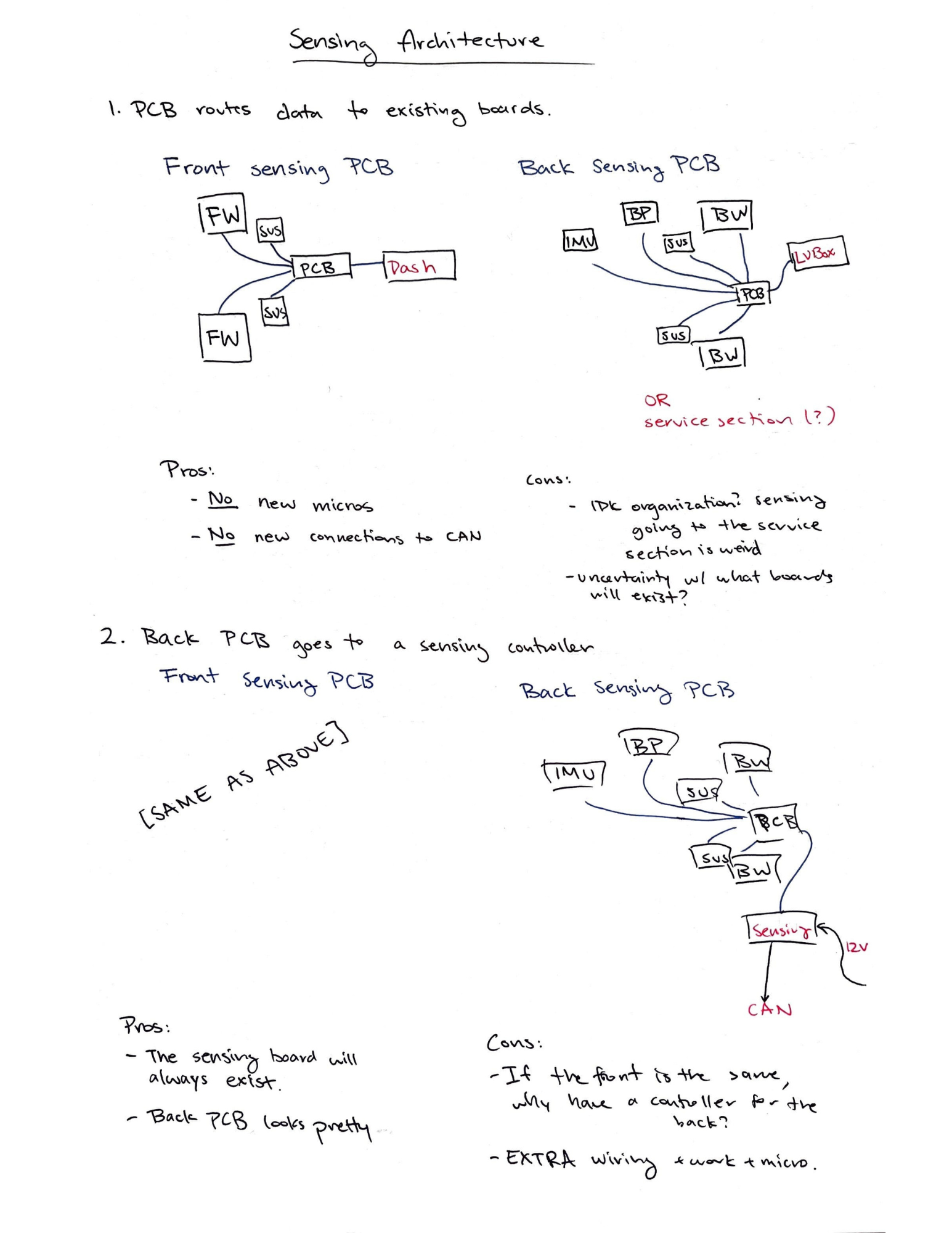Olin Electric Motorsports


A group photo of our Formula SAE team at competition
Olin Electric Motorsports (OEM) builds an electric Formula-style racing vehicle every year to compete at a Formula SAE competition in June. Our team is composed of ~50 engineers, who are responsible for everything from chassis design and fabrication, to PCB design and electrical harnessing.
On the team, I created a Real Time Data Visualization system, and was the Head of Sensing and Modeling. Now, as a senior engineer on the team, I'm working on bringing up a Simulation subteam, responsible for creating lap simulations based upon tire and track data.
Real Time Data Visualization
My first project on the team was creating a real time data visualization system that was capable of taking data transmitted from the car and displaying it to our engineers. The codebase uses Python for data cleaning/analysis, Redis for data streaming, Graphana for data visualization, and Docker for architecture. One of our key goals was to use as much open-source plug-and-play software as possible and create as many tools as possible ourselves. We were very conscious of the fact that this would not be the final product for the team, and wanted the flexibility of improving/changing the tools we used where possible. with our codebase, we could stream real data from the car and produce something like the graph to the right.

Brake voltages, visualized.

A sketch of our sensing architecture
Head of Sensing and Modeling
As Head of Sensing and Modeling, I was responsible for 7 engineers who are working on integrating various software tools and sensors onto the vehicle to inform our future design decisions and give us unprecendented information about the way our car drives. Together, we added the following to the car:
- A Kalman-filter used to estimate the real speed of the car
- CAN integration to the data visualization system
- A GPS system + circuit.
- A sensing controller board and secondary filter boards.
Aside from sensing and modeling specific responsibilities, the leads on the team made design decisions about the current iteration of our car, including wire harnessing and board placement. We are also responsible for onboarding the dozen new electrical members that join Formula each year and giving them introductions to electrical design software, circuit/schematic construction, and software design.